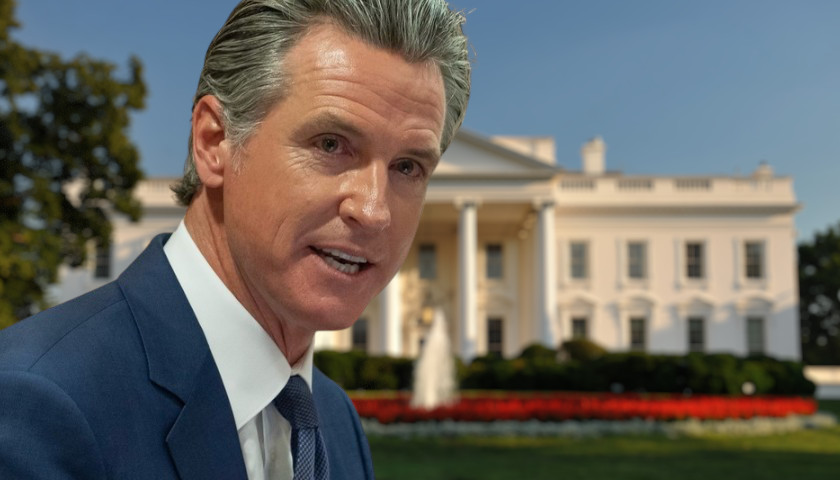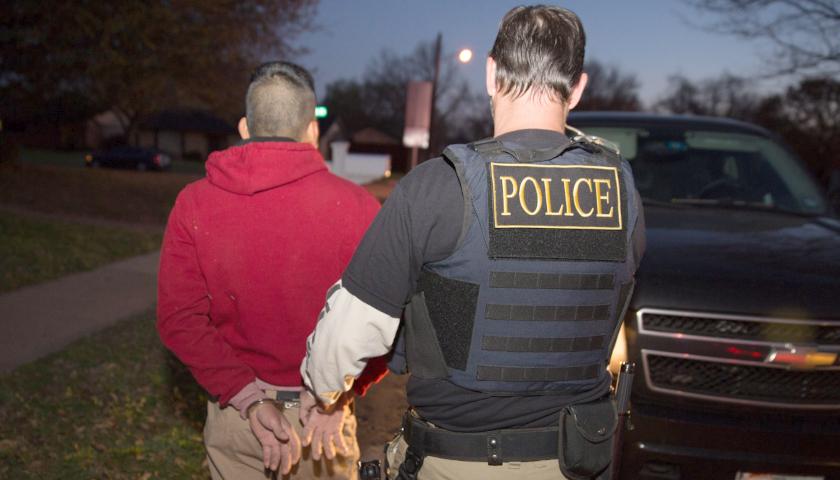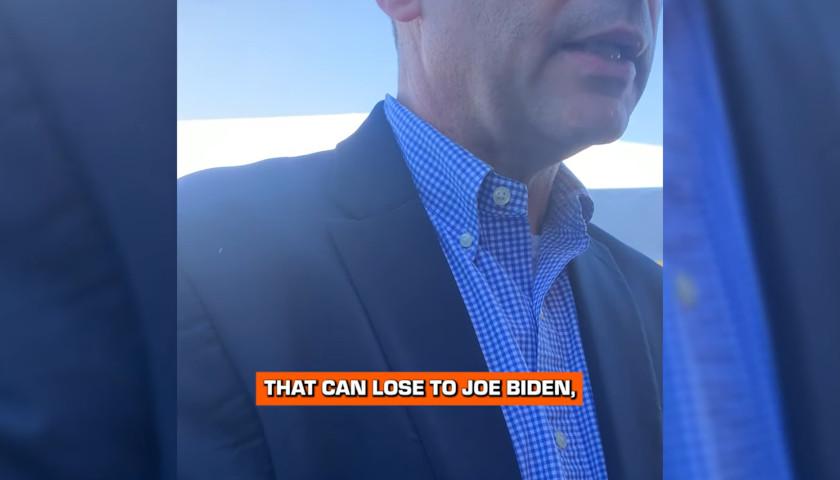Florida State Rep. Bryan Avila (R-District 111)’s HB 7, which is part of the legislature’s effort to ban Critical Race Theory (CRT), got approval from the House Judiciary Committee this week. The Republicans supported the bill entirely and Democrats opposed it with a 14-7 vote.
The bill is part of Florida Gov. Ron DeSantis’ “anti-woke” legislative effort and will likely lead to some of the most notable debate in the legislature during this session.
The bill does not prevent certain segments of the population from feeling discomfort, but rather it shields Floridians who feel conviction to oppose CRT in classrooms, in the workplace, and provides a legal framework to seek litigation against unwanted “indoctrination.”
“In Florida and across America, we can all agree that all people are created equal. And every person, regardless of their race, sex, religion or any other quality, is entitled to their dignity as an individual,” Avila said. “Now, some movements threaten to take us backward, asking us to consider people not as individuals but as groups, assigning certain groups and experiences to people based on the group they fit into and not their individual experience.”
Opponents of the legislation called it a “trigger” bill that permits different kinds of lawsuits.
“This is a trigger bill. You get triggered, you can sue. You get triggered, you can file complaints,” said Florida State Rep. Michael Grieco (D-District 113). “I’m a lawyer. The terms ‘objective’ and ‘subjective’ are thrown around left and right at the courthouse. But here the whole thing is subjective.”
HB 7’s companion legislation, SB 148, also received scrutiny as it has made its way through committee stops. The legislation has also been mischaracterized in the media.
“This bill’s not for Blacks, this bill was not for any other race. This was directed to make whites not feel bad about what happened years ago,” said Florida State Sen. Shevrin Jones (D- District 35). “At no point did anyone say white people should be held responsible for what happened, but what I would ask my white counterparts is, are you an enabler of what happened or are you going to say we must talk about history?”
With HB 7, enforcement of the bill in classrooms would be up to parents to determine with the teacher how to resolve conflicts of curriculum.
The House bill nor the Senate bill prohibit the teaching of dark subjects like slavery, in fact, the Senate legislation explicitly requires the teaching of black history and the environment around slavery.
“Our state statutes proscribe all the time what our teachers teach and how they teach it. We have an entire section of Florida statutes that says you have to teach different types of Florida history. And that is rightly so and appropriate,” said Florida State Rep. Mike Beltran (R-District 57). “That’s not what this bill prevents. What this bill prevents is creating a suggestion in the classroom that you should be treated differently or you suffer from some sort of collective guilt.”
– – –
Grant Holcomb is a reporter at The Florida Capital Star and The Star News Network. Follow Grant on Twitter and direct message tips.





